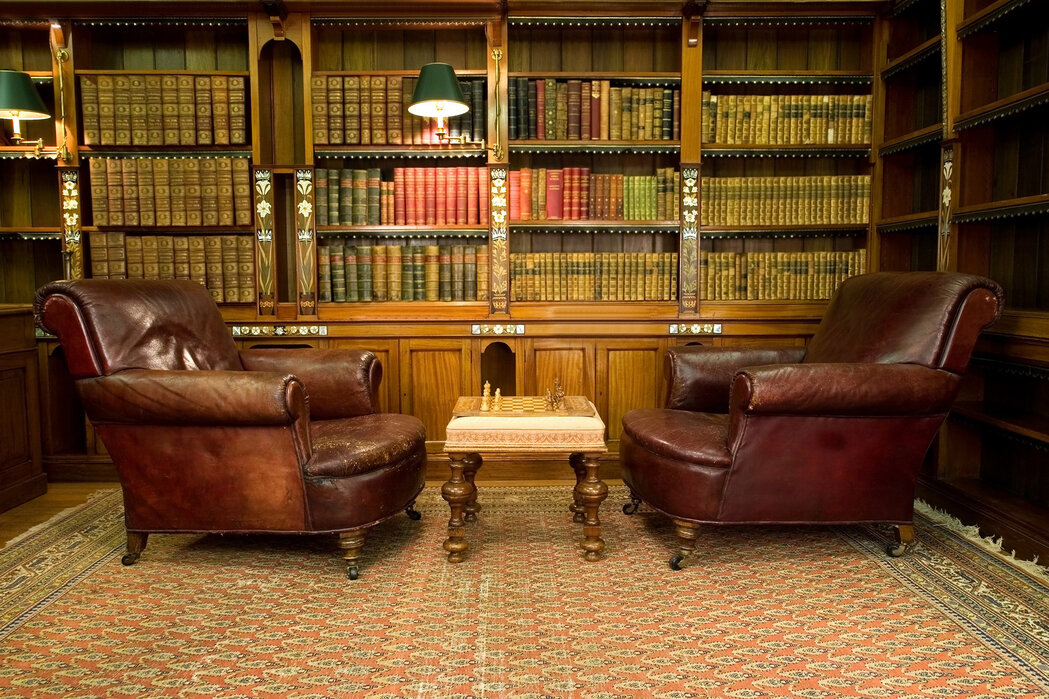What is a "Classic" Book?

Share
There are many differing viewpoints, arguments, and disagreements over which specific books should qualify as "classic" books.
For example, those who read Science Fiction would argue that Dune, by Frank Herbert, should be counted as a classic. Others may then point out that initial print run was only 2,200 copies, that it sold so poorly that the editor who championed the book was fired, and may suggest that it's only well known due to the multiple Hollywood movie adaptations. Similar arguments could play out regarding The Great Gatsby, by F. Scott FItzgerald, which also initially sold very poorly, and now has multiple Hollywood movie adaptations.
One category of opinion on the subject states that the book must have "stood the test of time" - but do not then clarify how much time, or how well it should have "stood." While a book only five years old is unlikely to be considered classic, where should that line be? 20 years? 50 years? Must it have an important social message? Must it have been popular at some point in time? Perhaps where it sits on the shelf in a library or bookstore should serve to categorize which books are classics and which aren't. But even still, who decides which shelf and what are their criteria?
At the end of the day, the actual definition of "classic," from the Oxford Learner's Dictionary is, "accepted or deserving to be accepted as one of the best or most important of its kind." While this definition does help, it is also extraordinarily open to interpretation as there is no official global body that determines which books have been accepted or deserve to be accepted as one of the best or most important.
Who knows, perhaps one day there will be official criteria. But until then, you have an interesting question and topic to bring up at social events, and can feel well justified when including your own personal favorites on "classic" book lists.
